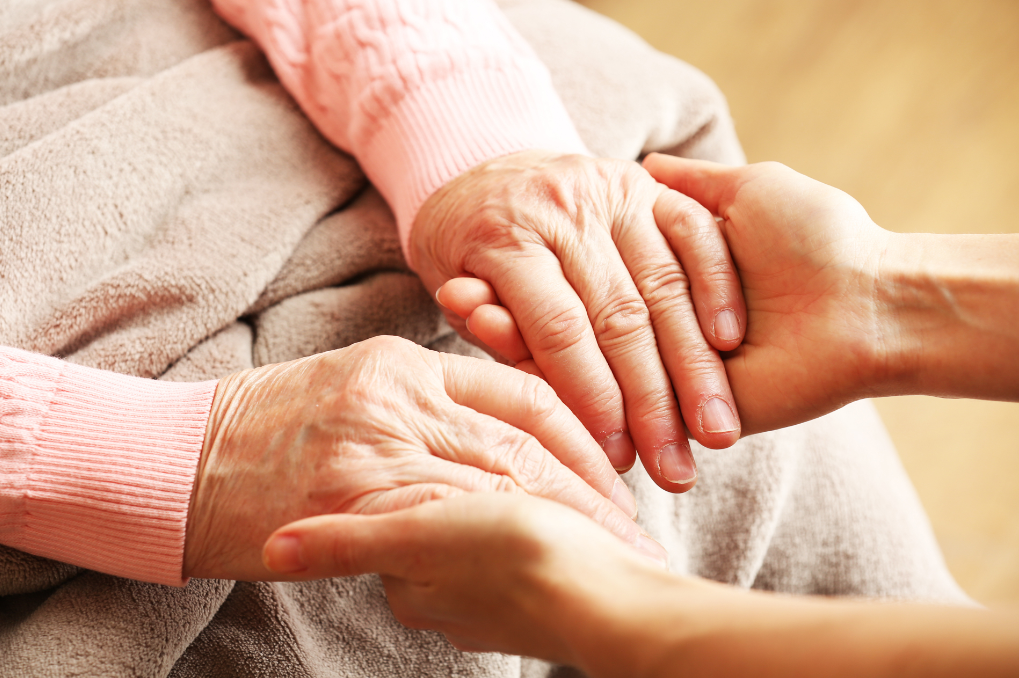
In today’s fast-paced world, many individuals, particularly the elderly and those with disabilities, cherish the idea of aging gracefully in the comfort of their own homes. With non-medical home care services, this dream can become a reality. Non-medical home care offers a range of personalized assistance and support that promotes independence, well-being, and a higher quality of life. Let’s explore the various aspects of non-medical home care and the invaluable services it encompasses.
1. Activities of Daily Living (ADL) Support:
Non-medical home care provides essential assistance with activities of daily living (ADLs), ensuring that individuals can maintain their personal hygiene, mobility, and overall well-being. Caregivers offer support with tasks such as bathing, dressing, grooming, and toileting, helping clients maintain their dignity and independence.
2. Meal Preparation and Nutrition:
Proper nutrition is crucial for maintaining good health, especially for individuals with specific dietary requirements. Non-medical home care includes meal planning and preparation, ensuring that clients receive balanced and nutritious meals tailored to their dietary needs. Caregivers may also assist with feeding if necessary.
3. Medication Reminders and Management:
Taking medications at the right time and in the correct dosage is essential for managing chronic conditions and promoting overall health. Non-medical home care providers offer medication reminders, ensuring that clients adhere to their prescribed medication schedules. They can also assist with organizing medications and monitoring any side effects or potential interactions.
4. Companionship and Emotional Support:
Loneliness and social isolation can have a significant impact on an individual’s well-being. Non-medical home care recognizes the importance of companionship and emotional support. Caregivers engage in meaningful conversations, engage in activities, and provide a friendly presence to combat feelings of isolation. This not only enhances emotional well-being but also fosters a sense of connection and purpose.
5. Light Housekeeping and Home Maintenance:
Maintaining a clean and organized living environment contributes to a sense of comfort and safety. Non-medical home care providers can assist with light housekeeping tasks, such as dusting, vacuuming, laundry, and changing bed linens. These services help individuals maintain a clean and clutter-free living space, reducing the risk of accidents and promoting a healthy environment.
6. Transportation and Errands:
Non-medical home care often includes transportation services to help clients attend medical appointments, social gatherings, or run errands. Caregivers can provide safe and reliable transportation, ensuring that individuals can access the community and remain engaged in activities that bring joy and fulfillment.
7. Respite Care:
Family caregivers often face challenges in balancing their responsibilities with their personal well-being. Non-medical home care offers respite care, giving family members temporary relief from their caregiving duties. Respite care services allow caregivers to take a break, rest, and recharge, knowing that their loved ones are in capable hands.
Non-medical home care provides a comprehensive range of services designed to support individuals in their desire to age in place comfortably. From assistance with activities of daily living to companionship, nutrition management, and respite care, non-medical home care enables individuals to maintain their independence, enhance their quality of life, and enjoy the familiarity and comfort of their own homes. By engaging the services of compassionate and trained caregivers, individuals and their families can find peace of mind, knowing that their well-being and needs are in capable hands.
